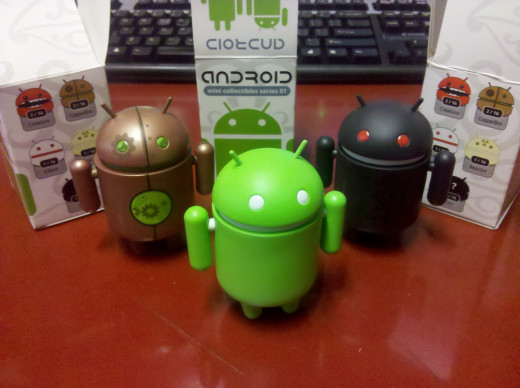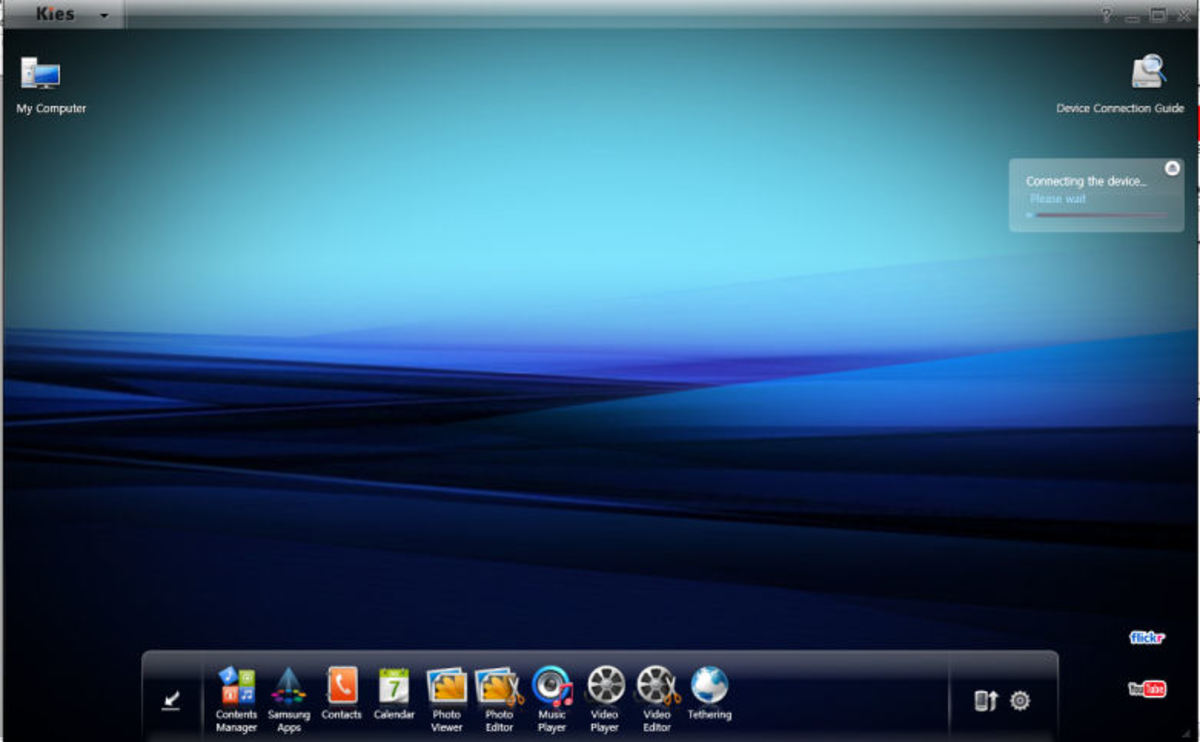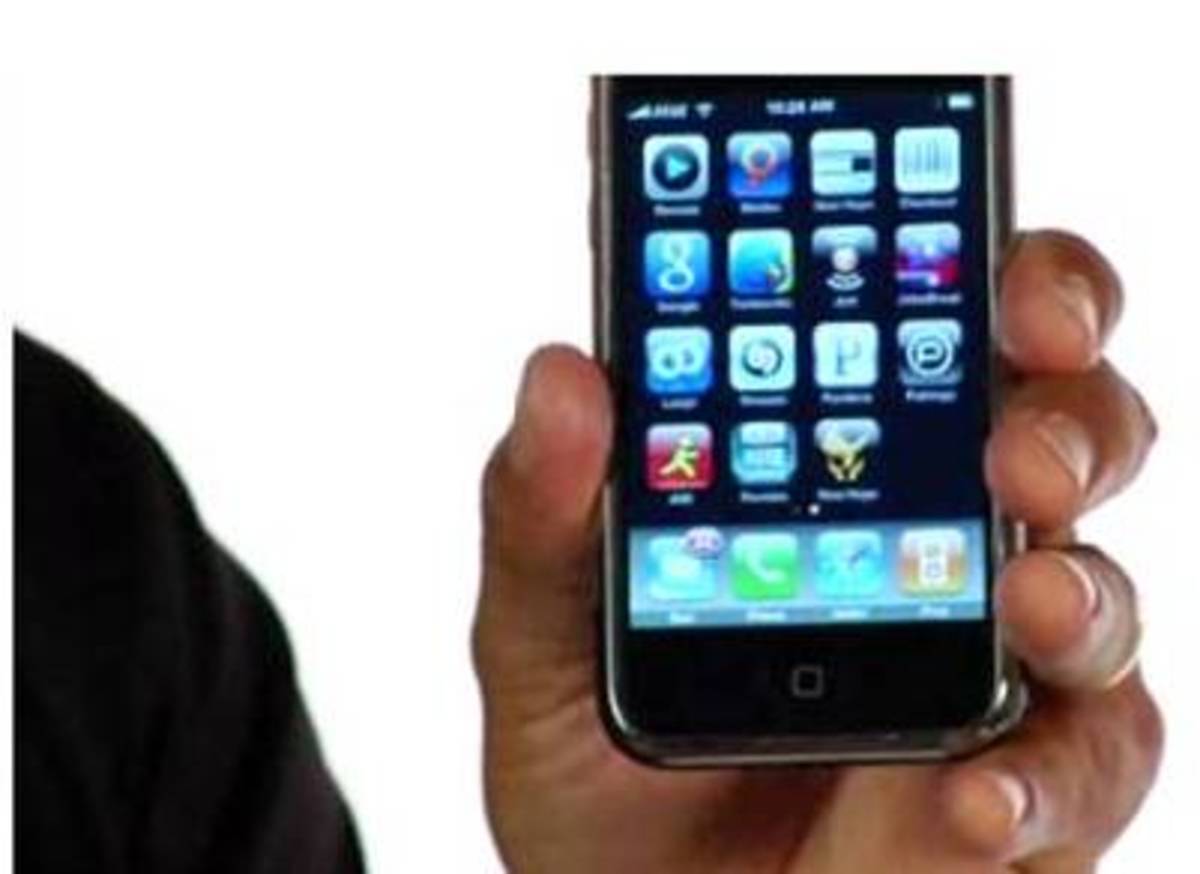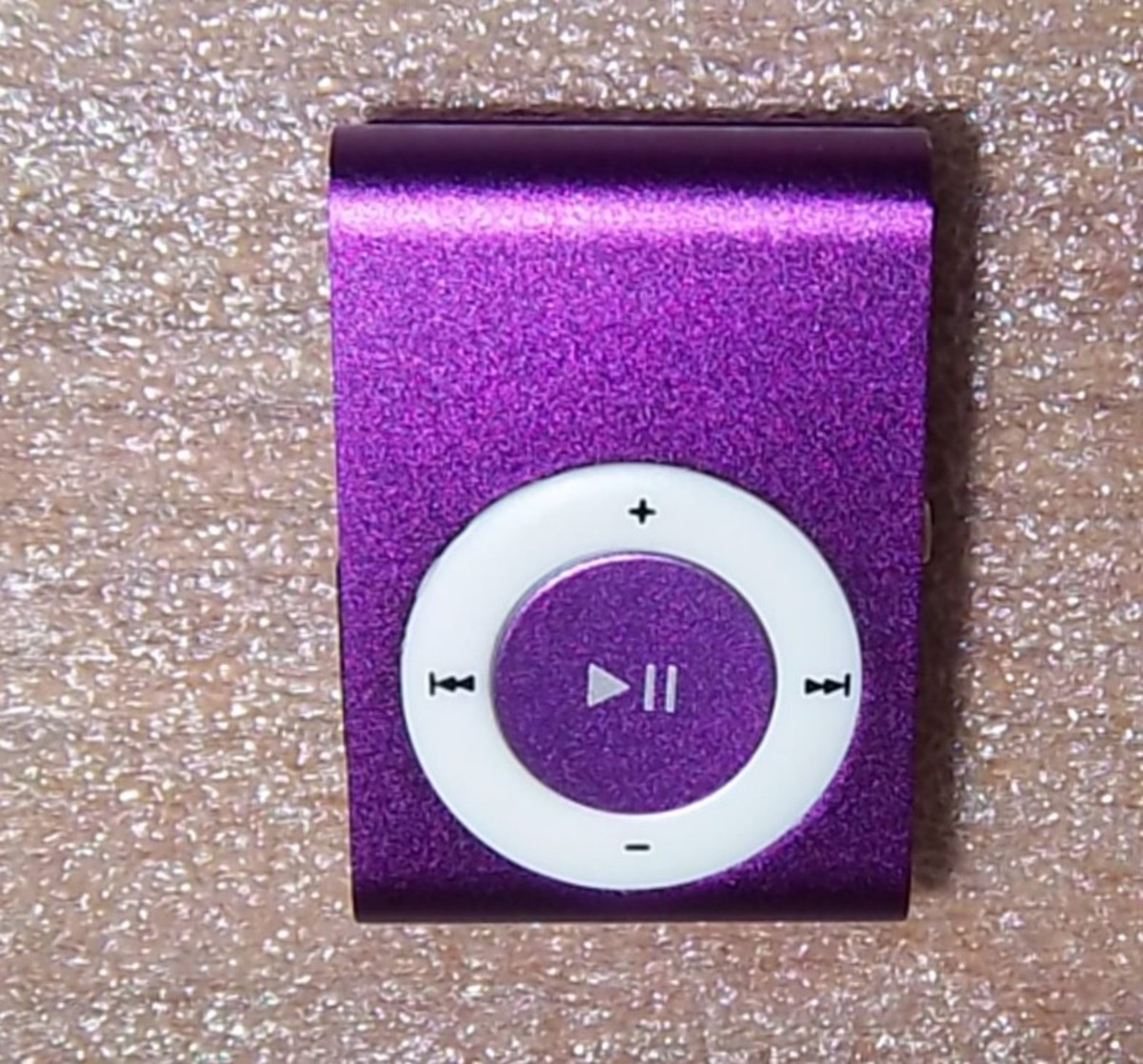Droids that Do More, but Cost Less.

That's a lot of Droids
According to OpenSignalMaps, a developer of mobile phone apps, there are 3,997 unique Android models out there. With so many Android smartphones and tablets out there, how do you pick which one to buy? How do you get the best deal? How do you get as much performance as possible while spending as little as possible?
The More Androids the Merrier
Although there are close to 4,000 different Android devices there are only a handful of different mobile processors out there. With the processor being the single most import component that determines performance this is a good place to start when determining value. The processor is also referred to as the central processing unit or CPU. The CPU's job is to carry out instructions. The faster your CPU is the more instructions that it can carry out in each second. Therefore a better CPU translates into a faster phone. Modern computers and smartphones can have multiple processors all on the same chip. This is referred to as multi-core processors.
Another important smartphone component is random access memory (RAM). RAM is like your mobile phone's short term memory. The less RAM your phone has the more often it will need to go through its internal storage to look for information. If you have more RAM then the information that your CPU is looking for is right there and readily available. This allows your CPU to process the information immediately--making your CPU more efficient. Therefore, more RAM translates into better multitasking on your phone, increased speed, and less lag. Of course, all of this doesn't mean a whole lot if you don't have any room to store apps.
The smartphone's internal storage stores the Android program and whatever is left over is used to store apps. The larger your internal storage the more room you will have for apps. Larger internal storage space will also give you more room to upgrade the Android program in the future. As Android advances from version to version it adds more and more features. This increases the size of the Android program. The larger the program the more room it will take up on the internal store and the less space you will have for apps.
If you run out of internal storage there is a backup. When your internal storage becomes full you could also start storing your apps on your micro SD card. The SD card is another way of expanding the amount of storage your smartphone has. By default your pictures, videos, and music that you download will usually go straight to your SD card. You can also set your apps to install to the SD card. Therefore your micro SD card slot is a convenient and cheap way of expanding your smartphone's storage capability. Cloud storage is another option. These are just a few of the major features that are important to look at when considering a smartphone.
Other factors that you should consider are the graphics processing unit (GPU), the size of the screen, the quality of the camera both front and back, the number of LEDs that your camera has, and the dimensions of the phone i.e. thinness and thickness. The sound capabilities are becoming more important too as phones are replacing Mp3 players. You can see this in the new HTC phones that come with Beats Audio built in. Battery life and data connectivity are also becoming more important as we find ourselves in an increasingly mobile world. Look for phones that offer 4G LTE because LTE is the future of data connections. The last and most important factor for some is price. So how do we use these principles to get more and pay less? The helpful way of seeing the above principles put into practice is by seeing examples.
Is the Samsung Galaxy SIII the best choice?
There is a lot of hype surrounding the Samsung Galaxy SIII (GS3). It was the most pre-ordered smartphone in history with over 9 million pre-orders. The next most pre-ordered smartphone was the iPhone 4s at 4 million pre-orders. This hype was not without reason. This phone was billed as the first "Super Smartphone". The international version of this phone boasts a Samsung Exynos quad-core 1.4 GHz processor with some models having 2 GB of RAM and up to 64 GB of internal storage. However, in the U.S. version, Samsung opted against using their own Exynos processor in favor of the Qualcomm Snapdragon S4. The Qualcomm processor is only a dual-core 1.5 GHz processor. Samsung chose this processor, because it had the US LTE radios built into the processor and the Samsung processor did not.
Given that Samsung opted for the dual-core 1.5 GHz processor in the GS3 U.S. model, is this smartphone still worth its hefty price tag? This phone cost upwards of $635 on eBay which is about twice the price of the Samsung Galaxy SII Skyrocket (AT&T). A quick look at the specs comparison chart reveals that the two smartphones have the same clock speed and the same number of processors. The GS3 has twice as much RAM, faster LTE, a much better display, and a slightly better battery. Given these slight improvements, it might be a better value to go with the GS2 Skyrocket. Had the GS3 shipped with a quad-core like some of its international counterparts then it would have been a true upgrade, but as it stands the Skyrocket probably gives you the best value for your money.
One of the other major selling points of the the GS3 is the "Touchwiz Nature UX" which is a bundle of brand new software features exclusive to the GS3. However, these features have already been ported over to the GS2 by the Android community of developers. This makes the GS2 Skyrocket an even more attractive smartphone in comparison to the pricier GS3.
Droid Saves
Being able to upgrade your older phones with the latest software allows you to save money. It allows you to hold off on upgrading while still being able to enjoy the latest features of some of the newest Android phones. The key to saving money on Android smartphones is timing your upgrades to coincide with a true hardware upgrade. This is the advantage of Android and its open source community, which was explained in greater detail in one of my hubs. The chart below shows comparable alternatives to GS3 and the eBay links above should give you an idea of the current price of each phone. Hopefully, these tips will save you money and allow you to do more with your Android smartphones.
Android Smartphone Comparisons
Galaxy SIII (U.S. version)
| Galaxy SII Skyrocket (AT&T)
| HTC One X (AT&T)
| HTC Amaze 4G (TMOUS)
| |
|---|---|---|---|---|
Processor
| Qualcomm MSM8960 Snapdragon Dual-core 1.5 GHz Krait
| Qualcomm MSM8260 Snapdragon Dual-core 1.5 GHz Scorpion
| Qualcomm MSM8960 Snapdragon Dual-core 1.5 GHz Krait
| Qualcomm Snapdragon S3 APQ8060 1.5 GHz dual-core
|
RAM
| 2 GB
| 1 GB
| 1 GB
| 1 GB
|
Storage
| 16/32 GB
| 16 GB
| 16 GB
| 16 GB
|
Network
| HSDPA, 21 Mbps; HSUPA, 5.76 Mbps; LTE, Cat3, 50 Mbps UL, 100 Mbps DL
| HSDPA, 21 Mbps; HSUPA, 5.76 Mbps, LTE
| HSDPA, 21 Mbps; HSUPA, 5.76 Mbps; LTE, Cat3, 50 Mbps UL, 100 Mbps DL
| HSDPA 1700 / 2100 or HSDPA 1700 / 1900 / 2100 HSDPA 850 / 1900 / 2100
|
Display Size
| 4.8"
| 4.5"
| 4.7"
| 4.3"
|
Pixels Per Inch
| 306
| 207
| 312
| 256
|
Display Resolution
| 720 x 1280
| 480 x 800
| 720 x 1280
| 540 x 960
|
Primary Camera
| 8 Megapixel
| 8 Megapixel
| 8 Megapixel
| 8 Megapixel
|
Secondary Camera
| 1.9 Megapixel
| 2 Megapixel
| 1.3 Megapixel
| 2 Megapixel
|
Battery
| 2100 mAh
| 1850 mAh
| 1800 mAh
| 1730 mAh
|
Weight
| 134 g
| 130.5 g
| 129 g
| 172.9 g
|
Dimensions
| 136.6 x 70.6 x 8.6 mm
| 129.8 x 68.8 x 9.5 mm
| 134.8 x 69.9 x 8.9 mm
| 130 x 65.6 x 11.8 mm
|
Release Date
| June 2012
| November 2011
| May 2012
| October 2011
|
Special Note
| No Removable Battery or micro SD slot. Built-in Beats Audio
| No LTE
| ||
The Galaxy SII Skyrocket, HTC One X, and HTC Amaze are all lower priced alternatives to the Samsung Galaxy SIII.








